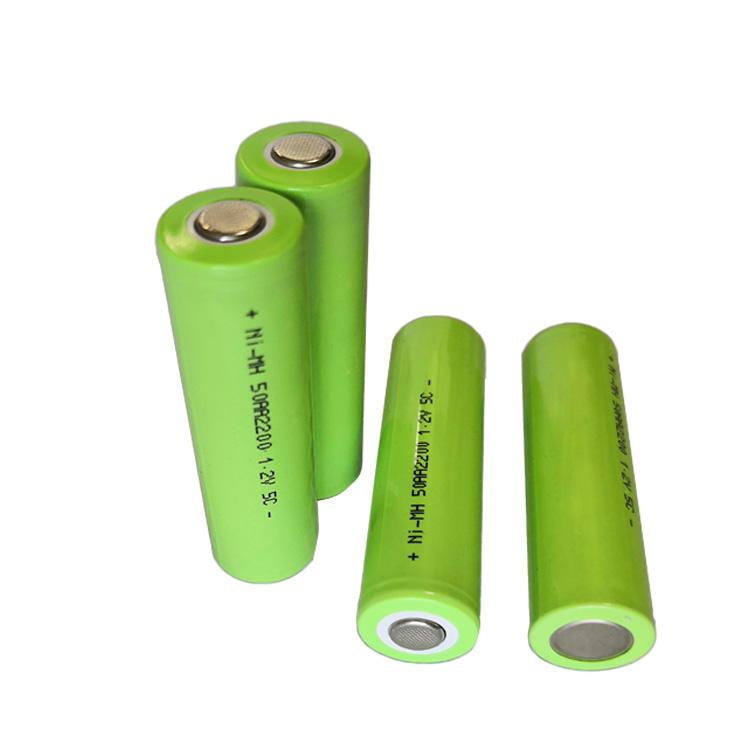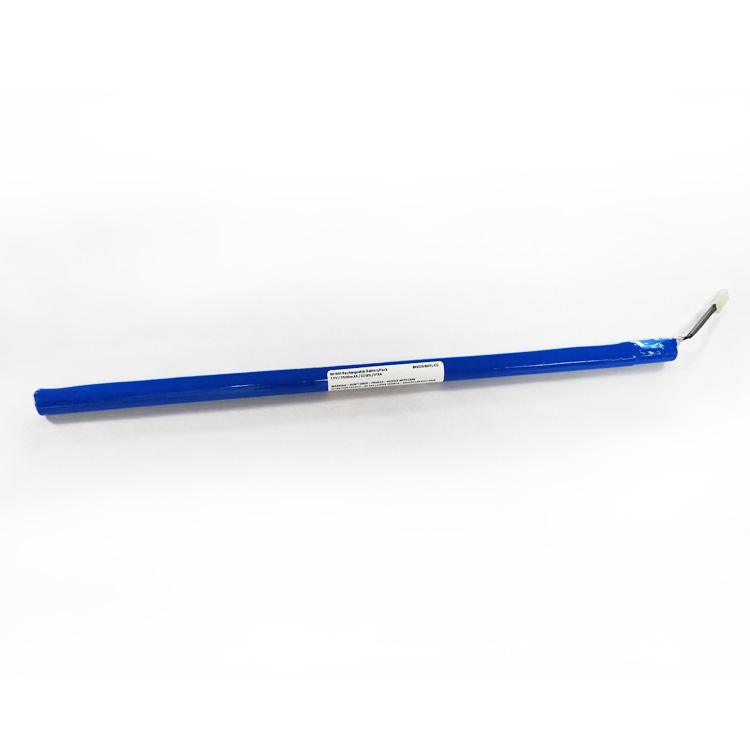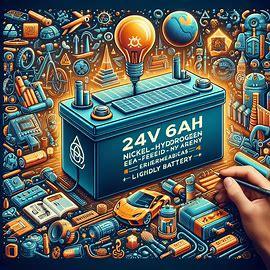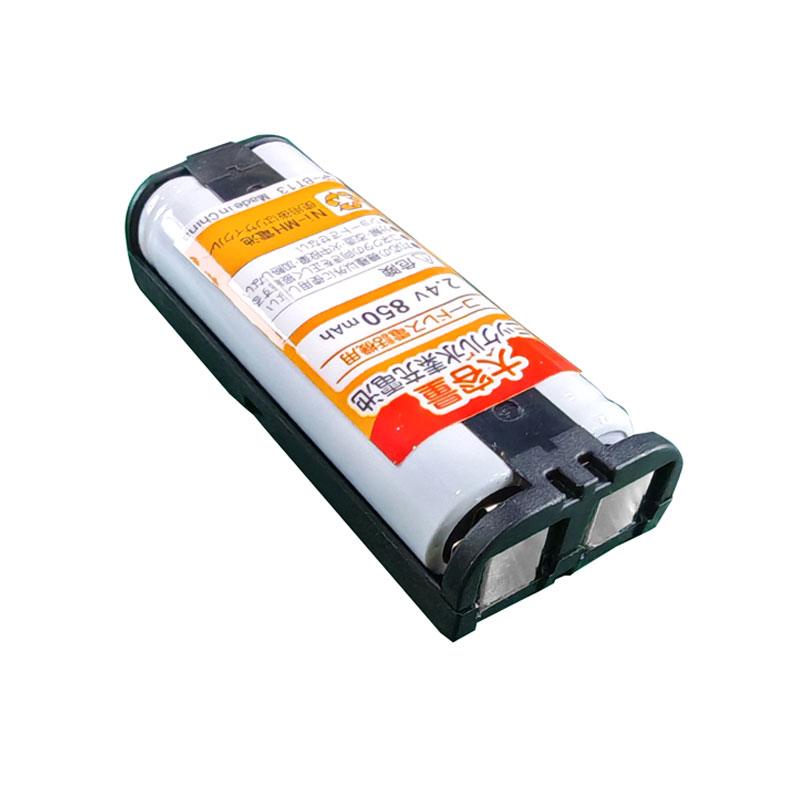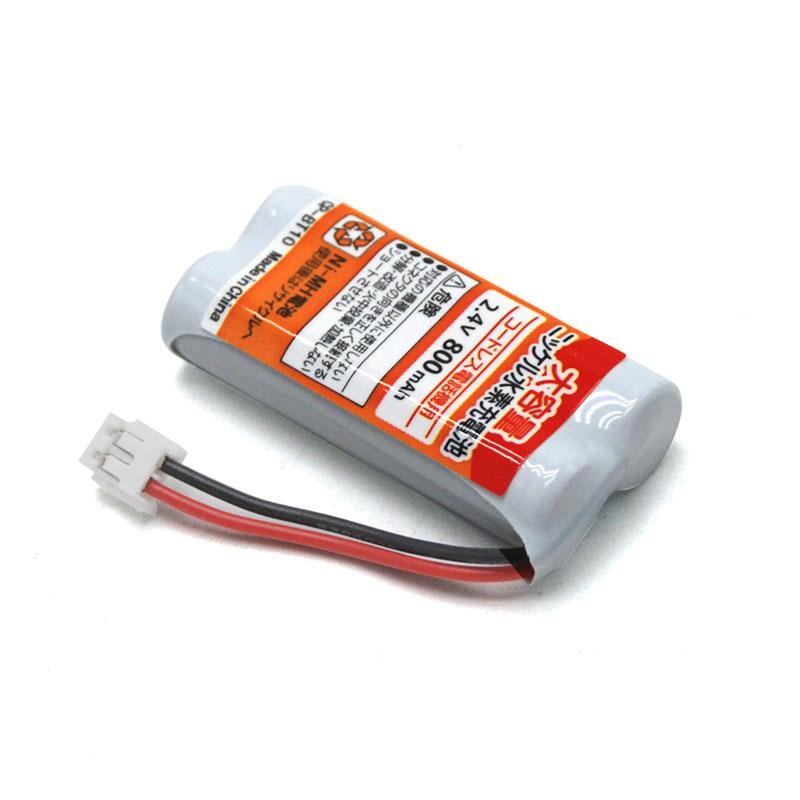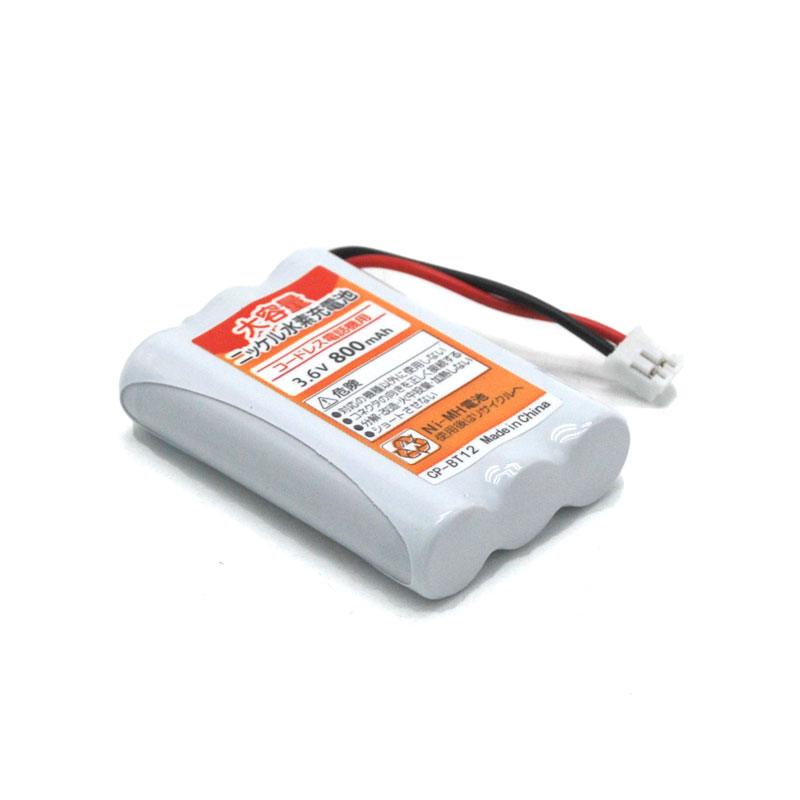Wholesale Ni-MH Batteries & Custom Nickel-Metal Hydride Packs for B2B
Wholesale Ni-MH Batteries & Custom Nickel-Metal Hydride Packs
HIMAX ELECTRONICS: Your Trusted B2B Partner for Nickel-Metal Hydride (Ni-MH) Power Solutions.
We are a leading wholesale manufacturer and supplier of high-performance Nickel-Metal Hydride (Ni-MH) batteries. Our core expertise lies in providing reliable replacement batteries for hybrid vehicles, such as the Toyota Prius, Honda Civic, and Lexus models. Additionally, we specialize in designing and manufacturing custom-engineered Ni-MH battery packs tailored to the unique requirements of industrial, medical, and consumer electronics applications. As a trusted OEM partner, we offer both individual cells (AA, Sub C) and complete custom assemblies, all designed to deliver exceptional reliability, an extended cycle life, and eco-friendly (cadmium-free) power.
The HIMAX ELECTRONICS Battery Advantage: Power You Can Trust, Solutions You Can Rely On
At HIMAX ELECTRONICS, we focus on delivering more than just batteries; we provide high-performance, customized Ni-MH battery packs energy solutions that meet the rigorous demands of consumer electronics, industrial equipment, and power tools.
- Exceptional Energy Density & Capacity: Our advanced Ni-MH technology ensures your devices run longer, minimizing the need for frequent replacements and reducing costly operational downtime.
- Proven Durability & Long Lifespan: Built to withstand hundreds of charge-discharge cycles (typically 500-1000+), our batteries offer a cost-effective and dependable power solution that lowers your total cost of ownership over time.
- Environmentally Conscious (Cadmium-Free): As a superior alternative to Ni-Cd, our Ni-MH batteries are completely free of cadmium and mercury, fully compliant with RoHS directives, and represent a significantly greener choice for your applications.
- Superior to Ni-Cd (No Memory Effect): Enjoy consistent, reliable performance without the inconvenience of periodic full discharge cycles, a common requirement with older Ni-Cd batteries.
- Inherent Safety & Reliability: Every battery pack is meticulously designed with comprehensive protection circuits against overcharging and over-discharging, ensuring safe and stable operation in all conditions.ll packs are designed with protections against overcharging and over-discharging to ensure safe and stable operation.
Our Comprehensive Wholesale Ni-MH Battery Portfolio
Explore our extensive range of specialized Ni-MH products, from high-performance HEV replacement modules to individual cells for your manufacturing needs.
High-Performance Hybrid Vehicle Batteries (HEV)
- Toyota/Lexus: 7.2V 6.5Ah (65Ah Prismatic) NiMH Prismatic Hybrid Battery, suitable for Toyota Prius, RAV4, Camry, Corolla, Yaris, and various Lexus models.
- Lexus GS450h: Replacement 14.4V 6000mAh NiMH Battery.
- Honda Civic Gen 1 (2001-2005): 7.2V 6.5Ah Hybrid Replacement Battery.
- Honda Civic Gen 2 (2008-2009): 14.4V 6500mAh Hybrid Replacement Battery.
Custom Industrial & Commercial Ni-MH Battery Packs
- 12V Packs: NiMH 12V 2500mAh Battery Pack.
- 24V Packs: 24V 6Ah NiMH Rechargeable Battery Pack, ideal for lighting systems and various other applications.
Wholesale Ni-MH Cells for OEM & Manufacturing
- AA Cell: Ni-MH AA Battery Cell, 1.2V 2200mAh.
- 2/3AA Cell: Ni-MH 2/3AA Cell, 1.2V.
- SC (Sub C) Cells: NI-MH SC 1.2V, available in capacities ranging from 2000mAh to 5000mAh (e.g., our popular 3000mAh model).
- 4/5 Sub C Cell: 1.2V 2000mAh 4/5Sub NiMH Battery.
Powering a Diverse Range of Critical Applications
- Automotive & HEV: We provide reliable, high-capacity replacement battery modules for the world’s most popular hybrid electric vehicles, ensuring optimal performance and longevity.
- Industrial & Commercial Equipment: Our batteries power essential measuring devices, emergency lighting systems, backup power supplies, and a wide range of professional electronics.
- Medical Devices: Delivering the dependable and consistent power required for life-critical applications such as defibrillators, portable monitoring equipment, and precision surgical tools.
- Consumer Electronics: An ideal power source for high-drain devices including remote controls, digital cameras, toys, and portable audio equipment.
Ready to Power Your Products with NiMH Battery?
Welcome to leave the message of your requirements on our official website. We’ll customize the NiMH batteries to meet your specific demands. Contact our team immediately to receive a customized quote within 24 hours or discuss your bespoke battery solutions!et your custom NiMH battery pack solution today!



